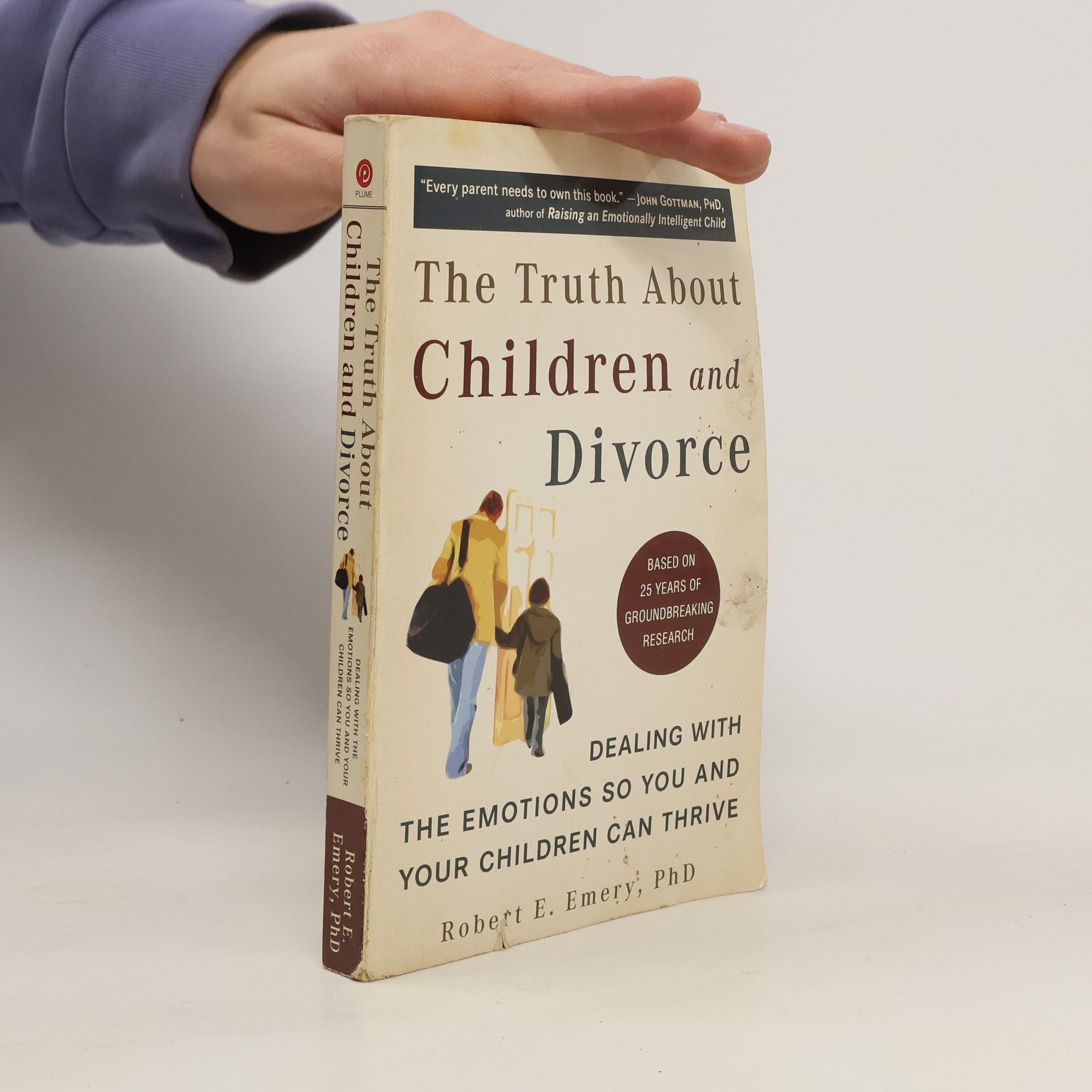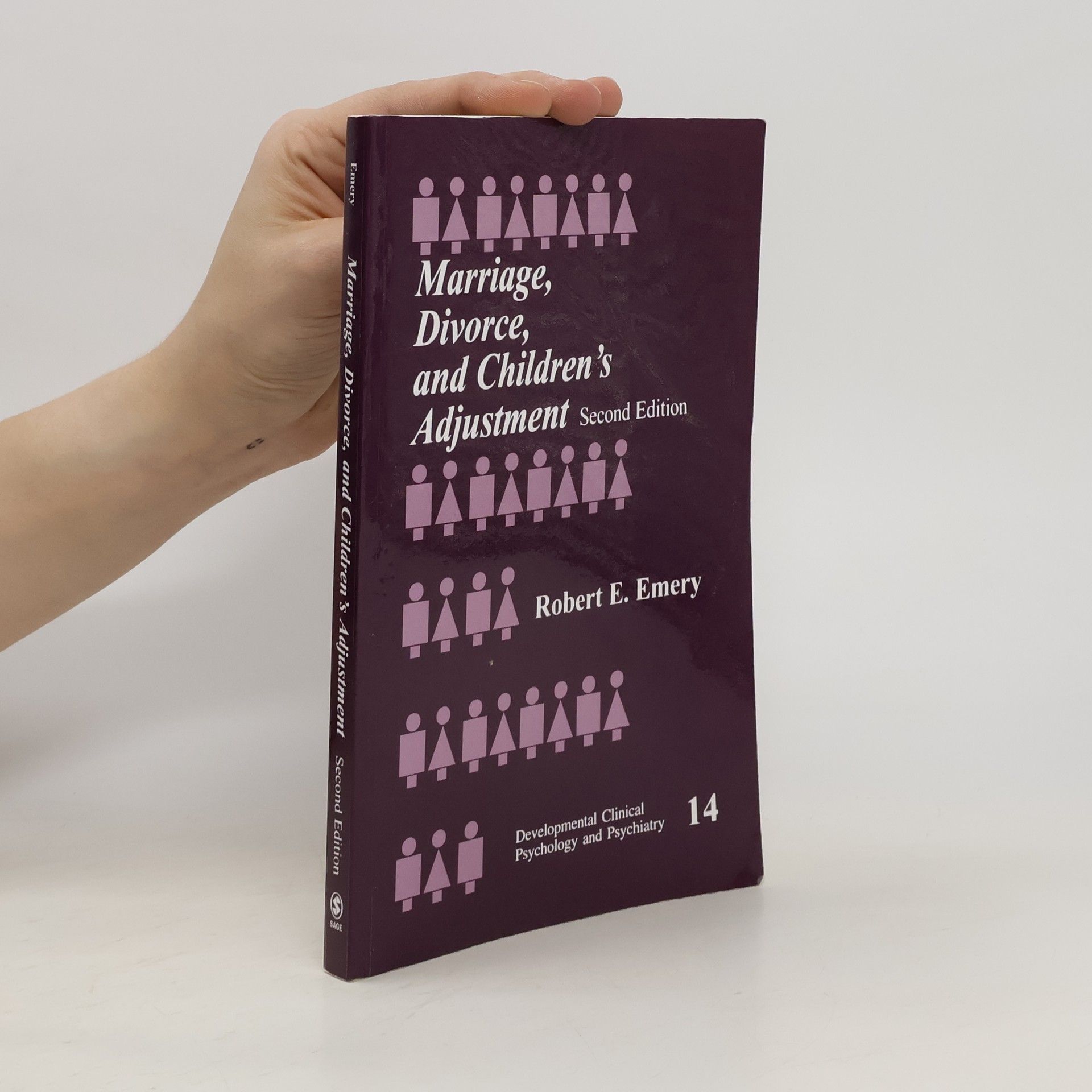Marriage, Divorce, and Children's Adjustment
- 180 Seiten
- 7 Lesestunden
Focusing on children's experiences during and after divorce, this updated edition offers a multidisciplinary perspective that encompasses historical, cultural, and demographic contexts. It emphasizes children's resilience while acknowledging their emotional struggles. The author explores the psychological, social, economic, and legal ramifications of divorce, identifying risk factors such as parental conflict and custody disputes. Utilizing a family systems model, he integrates research findings to assess psychological interventions for families undergoing divorce.

